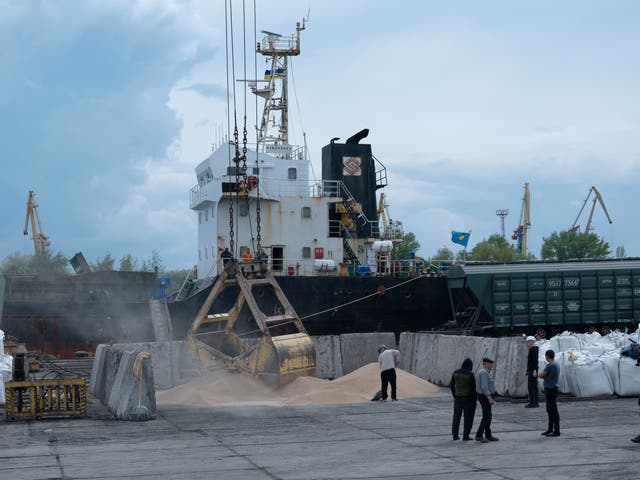Court Convicts 125 Boko Haram Terrorists, Financiers
July 27, 2024Submit Your Profile: IGP Tells Organisers of Nationwide Protest
July 26, 2024Tough days await Africa as Russia pulls out of Black Sea grain deal
Tough days await Africa as Russia pulls out of Black Sea grain deal

Russia’s announcement that it was withdrawing from a pact that allowed Ukrainian grains to leave Black Sea ports may, in a matter of time, trigger a food crisis in poorer countries, especially Africa.
Some traders are already suffering the immediate impact of Russia’s exit from the agreement.
Reuters reported that in Mogadishu, Somalia, some traders projected that a 50 kg bag of wheat grain could rise from the current $20 to nearly $30.
On Monday, it was reported that some locals have started stocking up on grain as prices may likely double anytime soon.
Aside from the immediate impact of reduced supply from Ukraine, one of the world’s largest grain suppliers, global market uncertainty would certainly cause countries with considerable surpluses to restrict exports.
The Black Sea grain deal, negotiated by the UN and Turkey in July 2022, helped to lower global food prices and provided humanitarian groups with access to hundreds of thousands of metric tons of food at a time of mounting needs and limited finance.
The Kremlin said on Monday that Russia was bowing out of the deal because its demands to improve its own grain and fertilizer exports had not been met. Russia further raised concerns that not enough grain had reached poor countries.
Experts say prices for some staple foods will likely rise as a result of Russia’s decision to pull out of the deal.
The United Nations World Food Programme also relied significantly on Ukrainian grain to feed people in areas affected by conflict and adverse weather, such as Somalia, Yemen, and Afghanistan.
Beneficiaries of the deal are hoping Russia will have a change of mind while at the same time seeking immediate alternatives to ease the aftereffects of the sudden collapse of the Black Sea grain deal.










